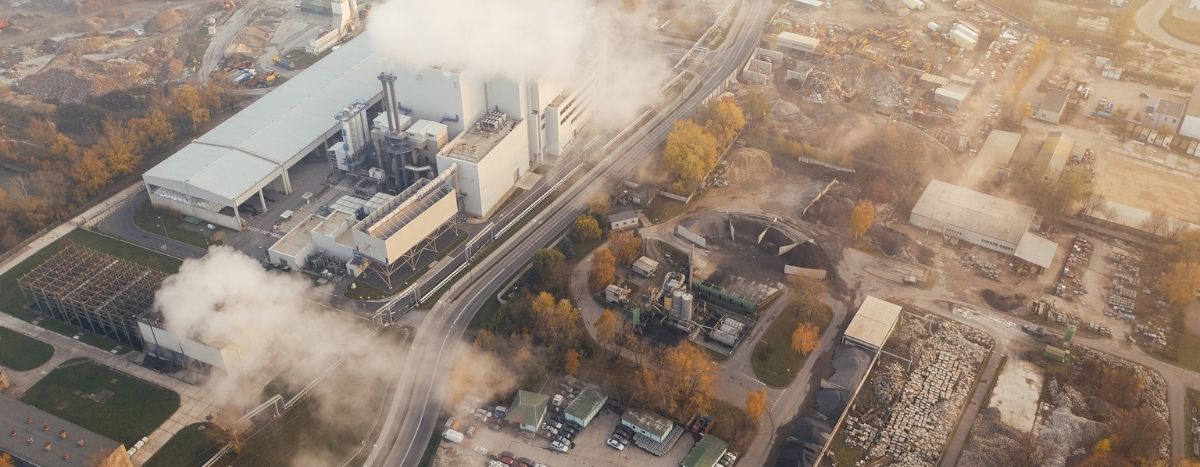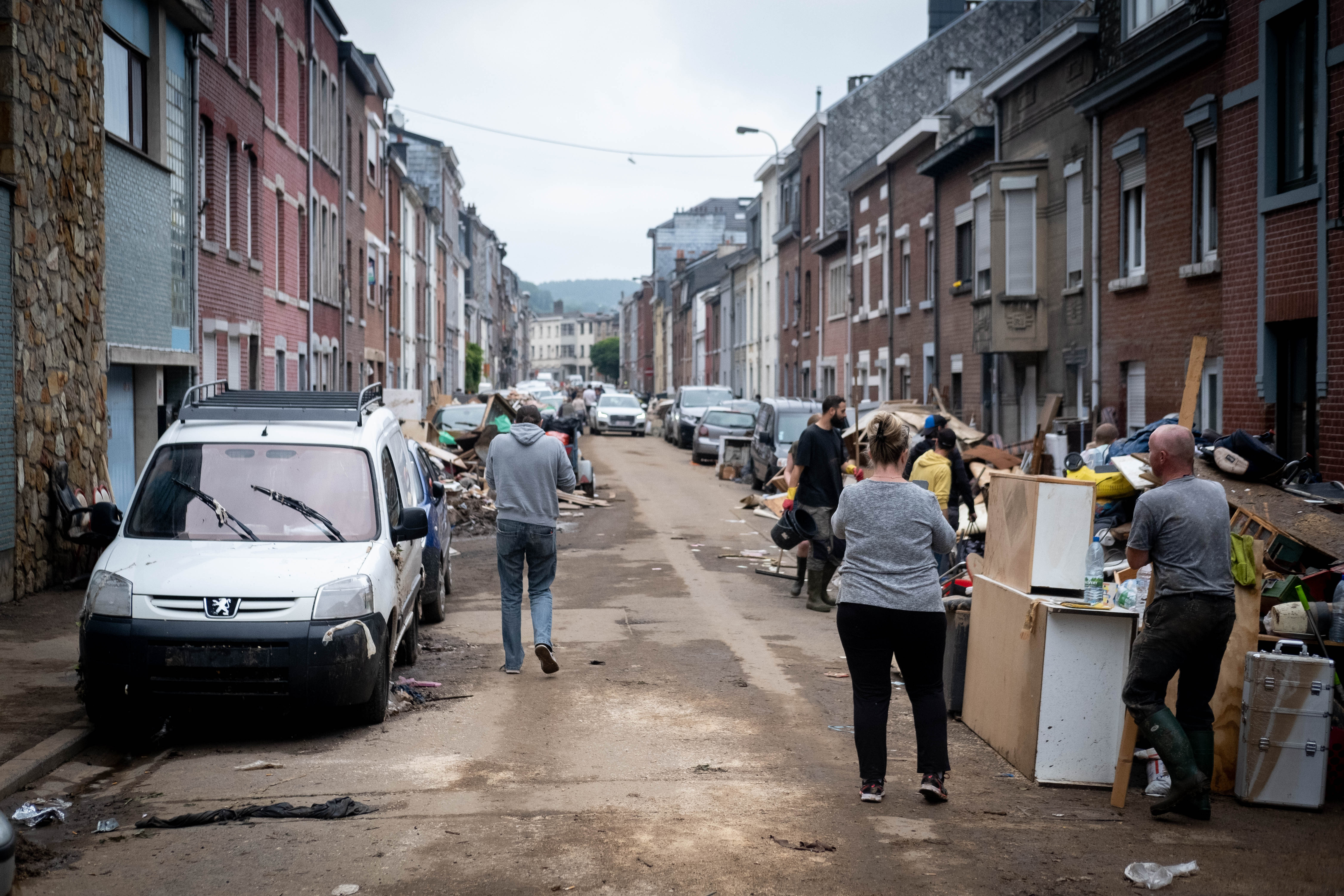
COP26: inaction is complicity
Published on
COP26 is just around the corner. From Queen Elizabeth talking about her disappointment at leaders’ inaction to Greta Thunberg showing solidarity with those on the front lines of the climate crisis, figures across the political spectrum have been sharing their messages. In this article, Bibbi Abruzzini and the climate activist Mario Alvarado outline how climate change is one of the greatest threats to human rights - and planetary dignity - of our generation and why inaction is complicity.
“Unprecedented” looks to be the word best describing 2021’s extreme weather events. From Belgium to India, wildfires and monsoon-like rains have affected flora, fauna and people. But from science-led youth movements to banner-waving climate activists and “global social media marathons for climate justice”, protests are not in short supply. As world leaders prepare to travel to Glasgow for COP26, one message should resonate loud and clear.
Climate change is one of the greatest threats to human rights - and planetary dignity - of our generation.
“We are not going to let them get away with more talking and not doing anything,” Greta told a crowd, sharing her fears that the COP26 environmental summit would end in failure. Meanwhile, other rallies were organized across several continents, in more than 500 locations, including Uganda, Bangladesh, India and Germany. Rightly so. Climate and weather-related disasters have surged five-fold over 50 years driven by climate change. Despite early warning systems helping to save lives in some instances, we are seeing the devastating impacts on livelihoods, homes, ecosystems, food security cultural heritage, and the list goes on.
“The denial of the climate and ecological crisis needs to stop,” says climate activist Mario Alvarado. Based in Mexico, he is part of the Collective for Climate Rights, the master-minds behind the “Hands off our rights, hands off our planet!” campaign (a 24-hour video marathon that will kickstart on 5 November.)
“I joined the video marathon because being part of world leaders' climate inaction is complicity,” says Mario.
The Collective for Climate Rights is working on strengthening the climate and human rights movement with a mix of online and offline mobilisations. The video marathon for instance was developed to ensure that space is created for everyone - and not just jacket and tie officials - to testify as to the impact of the climate crisis and demand that global leaders take action to protect our collective human rights. From Sea-Watch captain Carola Rackete, to Marinel Ubaldo, who helped organise the first youth climate strike in the Philippines, activists are sharing their video messages online, calling for drastic action to protect human rights.

Framing Climate Change as a Human Rights Issue
The link between climate change and human rights is often weakened by other narratives, but for activists the connection is clear.
“The climate crisis is already wreaking havoc on our lives. Governments not only have moral responsibility to act on climate change but legal obligations based on their duty to protect human rights,” says Chiara Liguori, Policy Adviser at Amnesty International. “Although I am amongst the lucky ones who didn’t have their house or life destroyed by climate impacts, as a matter of solidarity I must speak out and defend the rights of those most affected, and of younger generations, like my 4 year old daughter.”
Chiara Liguori, is currently focusing on environment and human rights, particularly on how human rights can support and strengthen the fight for climate justice. From the wildfires in Greece to the floods that hit northern Europe this summer, we are increasingly exposed to the “human stories” behind climate change.
Reports have shown how climate change worsened Europe’s devastating July floods which killed over 200 people in parts of Belgium and Germany. Living in rural Belgium, we witnessed first hand how the torrential rains swept away homes, cars and lives. Neighbours joined hands to bring relief to affected communities, but the repercussions are still being felt all across the region.
People have lost their incomes, their shelters and their “security”.
Breaking the climate deadlock
“No more time for broken promises and false solutions. Stop playing with our lives and our future. We need real emission reductions, respect for human rights in climate action and financial support to people in less wealthy countries,” says Chiara Liguori.
Similarly, Payal Parekh, international climate activist, MIT-educated scientist and former global managing director for 350.org, wants the “sound of justice” to echo across the world. Over the years she has used online campaigns and direct action to protest against environmental threats such as the Keystone XL pipeline in the United States or coal mining in India and to demand full divestment from the fossil fuel sector.
Based in Switzerland, she tells of how in her home country of India, the economic inequalities coupled with the shrinking of democratic space make it difficult to fight against coal mining, the expansion of coal plants and other environmental destructive practices – despite the country’s huge potential for renewable energy. But this is literally just the tip of the iceberg.
“The climate crisis exacerbates existing inequalities and has devastating impacts on so many of our rights from the right to livelihood to the right to clean air,” Parekh explains. “I got involved [in the video marathon] because it is time to listen to unheard voices, especially those on the frontlines. There is no solution to the climate crisis unless it also protects our human rights.”
The climate crisis has become the epicentre of a gigantic environmental, public health and human rights battle. Fighting for climate justice remains risky. Recent reports by Forus show that environmental activists are the most at risk in terms of access and protection of their civic space. Similarly, Global Witness unveiled that 2020 has been the deadliest year for environmental defenders around the globe.
As global leaders and the “climate community” meet at COP26, get your voice heard, share your message, as well as the local or national initiatives that can help others get involved.
For more information on the global video-marathon click here. This article was written as part of a partnership the global civil society network Forus International by Bibbi Abruzzini, campaigns coordinator at Forus, with support from Forus Director Sarah Strack and Mario Alvarado, climate activist and Regional Digital Campaigner at Amnesty Americas. Check the recent joint civil society demands for the future of financing for sustainable development and climate justice here.



